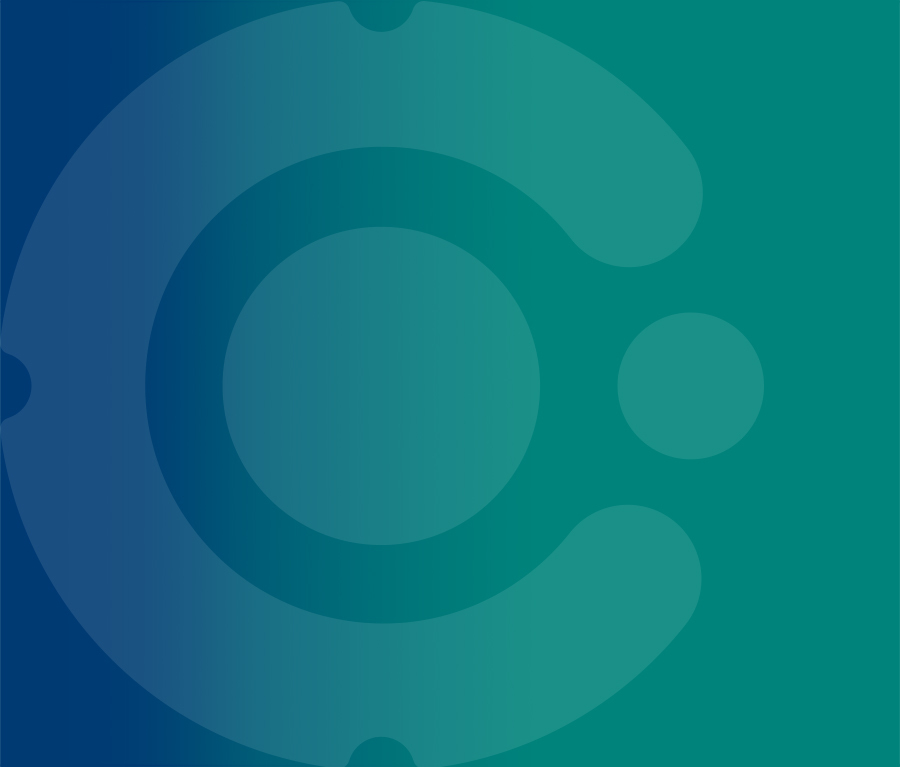In the intricate world of clinical trials, clear and concise communication is as crucial as groundbreaking science.
The demand for skilled medical and regulatory writers is booming. A recent report by Indeed estimates a 30% growth in medical writer positions by 2027, reflecting the increasing complexity of clinical trials and the need for clear communication.
Our recruitment track record includes Medical Editors, Publications Specialists, Medical Information Specialists, Scientific Directors, Medical Editors, Account Managers, Project Managers, Medical Copy Writers, Creative Writers as well as Technical, Scientific, and Regulatory Writers.
We have covered positions from associate to executive level with start-up or global organizations, whether they be from the sponsor or CRO side.
Why Communication Matters:
Informed Consent: Clinical trials rely on informed participation. Medical writers craft clear and concise lay summaries (patient-facing documents) that explain the study's objectives, potential risks, and benefits in understandable language. A 2023 study in PLOS One found that lay summaries with active voice and clear explanations increased patient comprehension by 20%, highlighting the impact of effective communication.
Protocol Precision: The clinical study protocol is the blueprint for the trial. Technical writers ensure its accuracy and scientific rigor, meticulously defining inclusion/exclusion criteria, study procedures, and data collection methods. A single ambiguity in the protocol can lead to protocol deviations, jeopardizing data integrity and potentially delaying trials.
Regulatory Navigation: Regulatory agencies like the FDA demand meticulous documentation of the trial's conduct and findings. Regulatory writers translate complex scientific data into clinical study reports (CSRs) that adhere to stringent guidelines (e.g., ICH – International Council for Harmonisation). A single regulatory misstep can lead to application rejections or even trial suspension, causing significant financial setbacks.
The Medical Writing Ensemble:
Within medical communication, a diverse team ensures effective information flow:
Technical Writers: These wordsmiths translate scientific jargon into clear instructions for investigators and clinical site personnel, minimizing protocol deviations.
Scientific Writers: Think of them as scientific storytellers. They craft compelling narratives within clinical trial reports, highlighting key findings and their scientific significance.
Medical Writers: They bridge the gap between science and the public, CTD development, drafting patient-facing documents like lay summaries and informed consent forms.
The Regulatory Writing Chorus:
Regulatory writers play a crucial role in navigating the labyrinthine world of regulatory requirements:
Regulatory Affairs Specialists: They orchestrate the regulatory dance, ensuring compliance with regional and global regulatory bodies, from protocol submission to drug approval.
Clinical Document Specialists: These meticulous minds meticulously craft CSRs, ensuring all data is documented accurately and comprehensively, adhering to specific regulatory formats.
Impact Across Phases:
The communication needs intensify as trials progress:
Phase I: Informed consent documents, meticulously crafted by medical writers, ensure patients fully understand the inherent risks involved in early-stage trials.
Phase II: Technical writers ensure precise and unambiguous protocols to guide investigators in data collection, guaranteeing data integrity for efficacy exploration.
Phase III: Regulatory writing takes center stage as CSRs, meticulously drafted by clinical document specialists, play a pivotal role in securing regulatory approval for large, pivotal trials.
Phase IV: Post-marketing safety reports, crafted by regulatory writers, ensure continued communication of drug safety data to regulatory bodies throughout the drug's lifecycle.
Effective medical and regulatory communication are not mere add-ons in clinical trials – they are the harmonious notes that ensure clear communication with patients, investigators, and regulatory bodies. By orchestrating a clear and compliant message, these medical communication specialists pave the way for the successful development of life-saving therapies.
Specific job titles may vary depending on the company and its focus*
Our clients work with CPL’s specialist that seek to understand the project demands they are working on to ensure we provide the most accurate services.
Our candidates work with SMEs that understand their workload and get the bigger picture of their career experience so they can leverage their skillsets to companies looking for professionals of their caliber.
Whether you need a strategic resourcing partner or are looking for a new role, reach out to Christopher Jimenez, 716-226-1610 or christopher.jimenez@cpl.comfor all your medical communication needs.

